We are all well aware of the impact acne can have on our self-perception. At best, it is an irritating issue; at its worst, it can shatter your self-esteem entirely. Unfortunately, even minor acne is enough to leave you feeling somewhat uncertain about yourself. But like anything at all that is worth having, it requires some effort and a daily commitment to maintaining a positive outlook. Furthermore, the benefits you reap make it all worthwhile!
In this article, we explore five handy tips to preserve your self-esteem and refocus your energy towards a more positive direction.
1. Establish a consistent skincare routine
A consistent skincare regimen can significantly enhance the appearance of skin prone to acne, all while boosting your confidence. Below, we outline some steps to integrate into your daily routine:
- Gentle cleansing: Cleanse your face gently twice daily using a mild, non-comedogenic cleanser. As much as possible, avoid harsh scrubbing or abrasive products, as they can lead to skin irritation.
- Sun protection: Utilise a broad-spectrum sunscreen with a minimum SPF of 30 to shield your skin from the damaging effects of ultraviolet (UV) rays. It is also worth noting that certain acne medications can heighten your skin’s sensitivity to the sun, making sun protection especially vital.
- Embrace moisturisation: Apply a lightweight, oil-free moisturiser to maintain your skin’s hydration levels. Contrary to popular belief, moisturising does not exacerbate acne; in fact, it can assist in maintaining a balanced moisture level in your skin.
2. Embrace makeup as a tool, not a mask
Acne has been shown in studies to have a significant detrimental influence on quality of life and self-esteem. It can also lead to psychological diseases such as depression1 in certain situations, with acne therapy being the sole method to alleviate the symptoms of such disorders.
Acne can certainly affect many aspects of people’s lives, from their relationships to work performance. As such, it’s to be expected that you may want to use makeup as a valuable tool for boosting your self-confidence while living with acne. However, it is essential to use makeup as a means of enhancing your features rather than masking your skin entirely. Here are some makeup tips for acne-positive living:
- Practise good hygiene: Clean your makeup brushes and sponges regularly to prevent bacteria build-up.
- Prioritise removal: Always remove makeup before bedtime to prevent acne flare-ups and clogged pores.
- A light touch goes a long way: Apply makeup lightly and avoid heavy layers. Heavy makeup can clog pores and exacerbate acne.
- Choose non-comedogenic products: Opt for makeup products that are labelled as non-comedogenic to prevent any further breakouts.
3. Do not pore over every blemish on your skin
When you have acne, experiencing the occasional pimple flare-up is normal. Similarly, your pores will always be there since they are essential to how our skin functions. Obsessing over every blemish on your skin will only deplete your energy and dim your outlook. What you should do instead is simply take a deep breath, take a step back from the mirror, and look at yourself as a whole; it helps to keep in mind that no one on earth is perfect – everyone experiences good and bad days from time to time, so don’t be too hard on yourself!
4. Redirect your focus to your overall well-being
It is difficult to remain optimistic when you feel overwhelmed or depleted by your many obligations. Hence, a great way to remain positive is by shifting your focus from worrying to maintaining a healthy lifestyle, which can have a positive impact on your skin and overall well-being.
Some lifestyle tips you may consider:
- Stress management: Practise stress-reduction techniques such as meditation, yoga, or hobbies that you enjoy.
- Sleep: Aim for seven to nine hours of quality sleep each night to allow your skin to regenerate.
- Diet: Some studies suggest a link between acne and diet. Consider incorporating more whole grains, vegetables, and fruits into your diet while ditching certain foods for acne-free days, like high-glycemic index (GI) foods, dairy products, and processed foods.
5. Know that help is always available
The good news is that you are not on this journey alone, and healthcare professionals are here to help! There is no harm in obtaining expert assistance from a dermatologist; they may provide helpful advice on skincare routines and lifestyle changes that can help manage and prevent recurrent outbreaks. Board-certified dermatologists are trained to detect and treat over 3,000 skin conditions2, so they can build a treatment plan to your specific skin type and needs.
Thanks to modern technology, acne and the resultant acne scars is now a treatable condition that can be eradicated sooner than later with oral medications, topical creams, or even medical procedures like chemical peels and PicoSure laser in Singapore. As a result, if your acne is beginning to negatively affect your life, do not hesitate to get help and visit your local dermatology clinic so you can feel more in control and less hopeless about your condition3.
Conclusion
At Angeline Yong Dermatology, we can help you say goodbye to acne and low confidence once and for all with our comprehensive treatments tailored specifically to your unique needs. Book an appointment with our highly accomplished Dr Angeline Yong today and receive her signature personalised care as you get started on your acne-free journey!
References
Dunn, L. K., O’Neill, J. L., & Feldman, S. R. (2011). Acne in adolescents: quality of life, self-esteem, mood, and psychological disorders. Dermatology online journal, 17(1), 1.
What is a dermatologist?. American Academy of Dermatology. (n.d.). https://www.aad.org/public/fad/what-is-a-derm
Mayo Foundation for Medical Education and Research. (2022, October 8). Acne: medications, lifestyle and home therapies, coping and support. Mayo Clinic. https://www.mayoclinic.org/diseases-conditions/acne/diagnosis-treatment/drc-20368048


